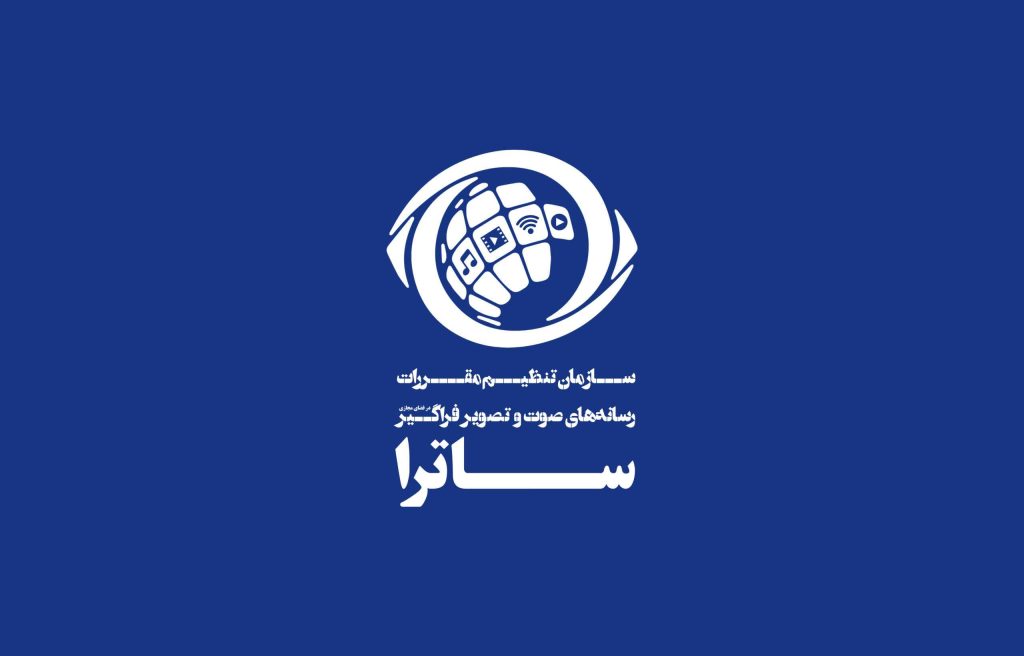Satra the Gunner and the War of Values
"Regarding this note, there are considerations that I will briefly explain. More important than the regulatory content is the regulator's influence in exercising the will of the regulated. This text, by questioning the ownership of the regulator's credibility, argues that if the regulator possesses judicial power, it is legitimate; otherwise, Sattra’s regulation is deemed meaningless.
Although, as a policy researcher, I consider the regulatory institution to be a combination of legislation, execution, and judiciary, the prevailing perspective sees the regulator as merely an elaborator and interpreter of the law (the legal perspective). Therefore, from this viewpoint, the regulator must inevitably be limited in execution and judiciary matters. However, the key point is that the regulator’s credibility does not lie in its regulatory content or enforcement guarantees; rather, its credibility depends on regulatory stewardship. This is an issue that has unfolded over the past years, hollowing out Satra and its regulations from within. It’s the classic tale of well-intentioned but harmful intervention, akin to the proverb about the overzealous bear and its misguided friendship.

Satra is the subject of discussions in circles that seek to portray the regulator as incompetent, powerless, and riddled with conflicts of interest. Sattra has become a symbol of a failed regulatory institution. Why? Regardless of the individuals responsible for its current state, the ‘institutionalization of regulation’ within Sattra has been problematic from the outset. Had this institution not indiscriminately granted licenses to VOD platforms in its early days, had it focused on strong regulatory oversight for market entry rather than merely evaluating products, and had it acted as a ‘kind gunner’ towards platforms, we would not be witnessing a weak regulatory body for VODs today. By ‘kind gunner’ (a metaphor from regulatory literature), I mean that Sattra is akin to a soldier operating in a war-torn environment (sanctions and the challenges of the private sector in the digital economy), helping the wounded to ensure the survival of the ecosystem. And if a fraudster were to exploit this chaos, they would know that this soldier’s firearm, though sheathed on their back, is ready for action
Over the past years, instead of focusing on reforming the ecosystem, Satra has primarily sought to resolve the issue of legitimizing itself as a regulatory authority. There have been two opposing perspectives in interactions with Sattra: critics who argue that it suffers from conflicts of interest, and enthusiasts who believe Satra should possess coercive power and the ability to directly criminalize violations.
We have criticized Satra so extensively that perhaps we have rendered it ineffective ourselves—there is a fear that our own scrutiny has diminished its role. Satra, as a ‘kind gunner’ in a war-torn environment, should be the protector of its own ecosystem. If a VOD platform chooses to promote itself by opposing public values, it should no longer be able to sustain itself within this ecosystem. Such an act would be akin to looting from a war-torn region—though, in this case, it is a form of cognitive theft.










No comments